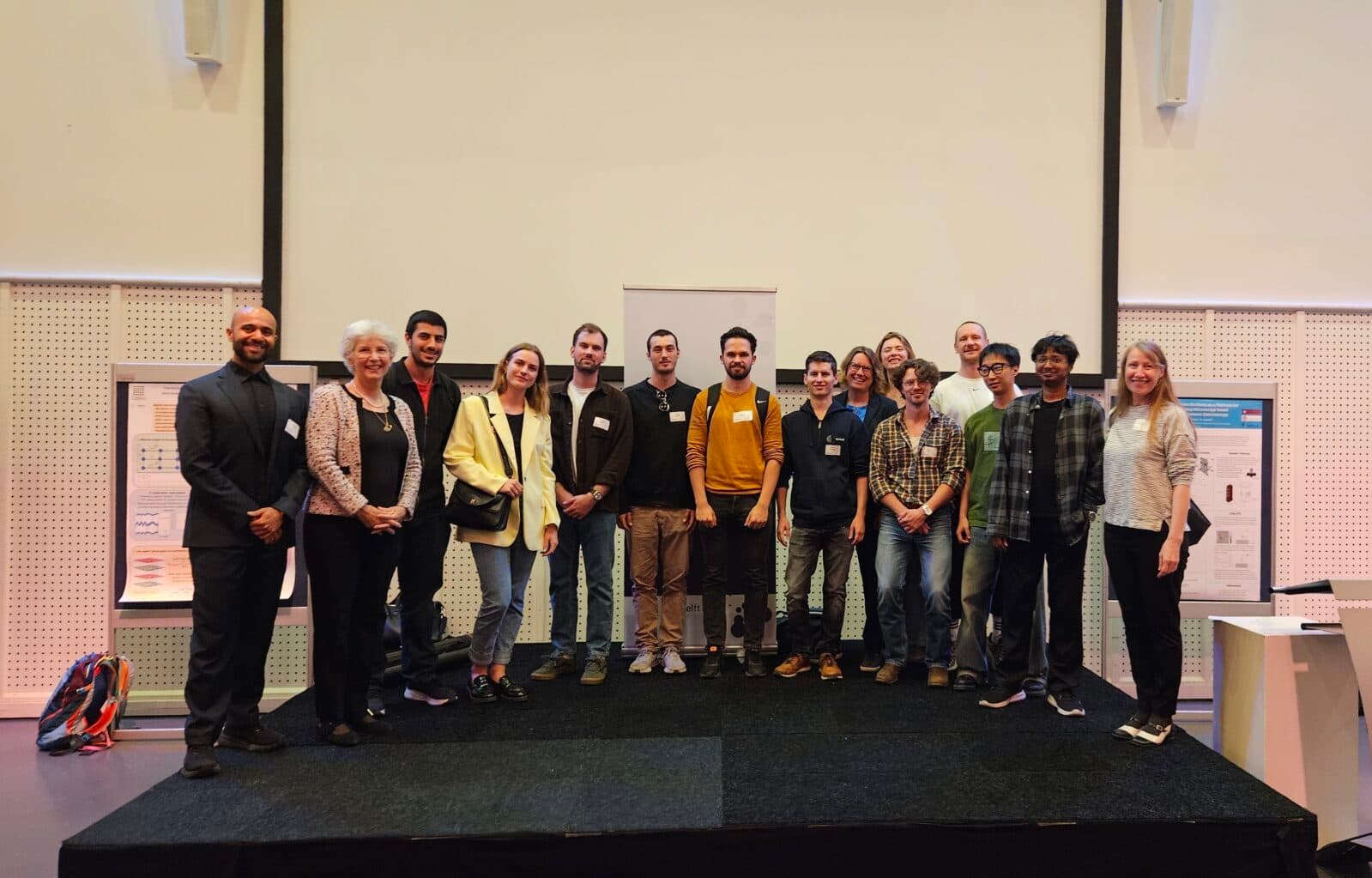The Kavli Foundation and TU Delft's Joint Nanoscience Investment
The Kavli Foundation and TU Delft have committed to additional support for the Kavli Institute of Nanoscience Delft (KIND) for the next decade

The Kavli Foundation was impressed by KIND’s ongoing mission to pursue excellence in blue-sky research; since its creation in 2004, KIND has emerged as an internationally recognised leader in nanoscience and nanotechnology, producing groundbreaking insights through innovative and interdisciplinary approaches. Building on this success, KIND has set out to explore a new frontier in nanoscience over the next decade: a new field they refer to as “Nanocomplexity”.
Nanocomplexity
Twenty years ago, KIND embarked on an ambitious journey to probe the theoretical and practical boundaries of nanoscience, uniquely bridging the quantum and biological realms. The KIND team has made pioneering discoveries in quantum materials, quantum computing, and communication, as well as single-molecule biophysics, synthetic life, and more. Now that nanoscience has matured as a discipline, KIND scientists are exploring an entirely new direction, which they call “Nanocomplexity”. Over the years, there has been a clear shift towards increasing complexity in both biophysical and quantum research at KIND, away from simple systems with few, non-interacting components towards complex systems composed of many interacting parts. Two striking examples are the recent launches of the Quantum Limits and EVOLF projects, led by KIND researchers. The Quantum Limits project aims to explore the fundamental limits of quantum behavior, while the EVOLF project aims to build a fully autonomous synthetic cell from hundreds of non-living components. The latter example elegantly illustrates how for a complex system, its properties are more than the sum of the parts. The individual molecular components of a cell are non-living, yet, when put together in the right way, they form a living cell that self-reproduces and autonomously senses and adjusts to changes in its surroundings. Complexity lies at the heart of fundamental processes like life, cognition, and evolution in biomolecular systems and non-locality, emergence, synchronization, and chaos, in quantum systems. With this latest investment from The Kavli Foundation and TU Delft, KIND researchers will lead the field in finding out the physical principles that underlay these emergent phenomena, and how to utilize them for societal impact.

Kavli Institute of Nanoscience Delft (KIND)
The Kavli Institute of Nanoscience Delft was founded in 2004, when The Kavli Foundation selected and funded it as the first Kavli Institute in Europe. Delft is home to one of the five Kavli Institutes of Nanoscience worldwide (alongside Oxford, Cornell, Caltech, and Berkeley). The institute’s directors are Prof. Dr. Gijsje Koenderink, professor in the Department of Bionanoscience, and Dr. Mazhar Ali, associate professor in the Department of Quantum Nanoscience.
KIND combines more than 60 research groups spanning two departments and one institute at TU Delft. The Quantum Nanoscience department is a pioneer in combining intrinsic properties of quantum matter into new functionalities for nanometre-scale devices and materials. The Bionanoscience department is at the forefront of the global race to build living synthetic cells from non-living components. QuTech is a world leading research institute that specialises in integrating quantum computers into connected quantum networks. By synergizing their diverse expertise and technological infrastructure (which includes the state-of-the-art Kavli Nanolab facility), KIND researchers are able to open new research directions, like Quantum Transduction using Quantum Materials aimed at connecting quantum devices and sharing information between them.